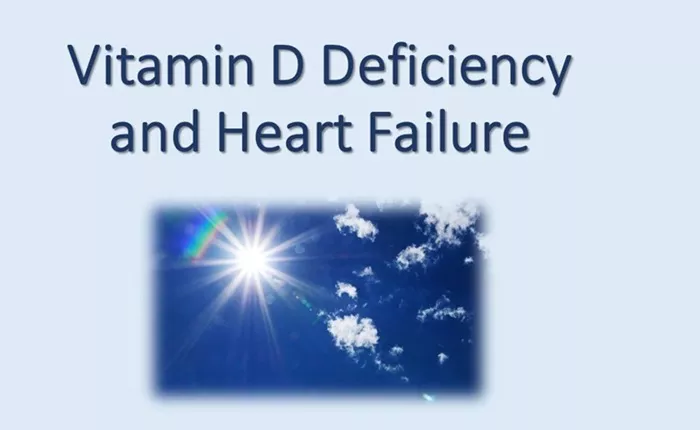A recent study has found that increased doses of vitamin D3 do not lead to a significant reduction in cardiac biomarkers among older adults with low vitamin D levels. The STURDY trial revealed no notable differences in high-sensitivity cardiac troponin I (hs-cTnI) and N-terminal pro-B-type natriuretic peptide (NT-proBNP) between participants receiving lower and higher doses of the supplement.
Study Overview
The STURDY trial included 688 participants aged 70 years and older, all with low serum levels of 25-hydroxy vitamin D (10-29 ng/mL). Participants were randomly assigned to receive one of four daily doses of vitamin D3: 200, 1000, 2000, or 4000 IU, with the 200 IU dose serving as a reference. Cardiac biomarkers were measured at baseline and again at 3, 12, and 24 months. The research was conducted across two community-based institutions in the United States from July 2015 to March 2019.
Key Findings
Results indicated no significant change in hs-cTnI levels when comparing high-dose groups to the low-dose group, with only a 1.6% difference noted (95% CI, −5.3 to 8.9). Similarly, NT-proBNP levels showed no significant differences, with a −1.8% change (95% CI, −9.3 to 6.3). Over time, hs-cTnI levels increased by 5.2% in the low-dose group and 7.0% in the high-dose group, while NT-proBNP levels rose by 11.3% and 9.3%, respectively. These results indicate that higher doses of vitamin D3 do not effectively lower markers of subclinical cardiovascular disease in this population.
Implications
The authors suggest that vitamin D deficiency may have more substantial systemic effects in older adults. They note the possibility of an inverse relationship between vitamin D supplementation and inflammation, while proposing that serum vitamin D levels might serve as a marker rather than a direct risk factor for cardiovascular disease (CVD) and its underlying mechanisms.
Research Limitations
The community-based nature of the study may limit its applicability to higher-risk cardiovascular populations. Additionally, baseline cardiac biomarkers were lower than those found in some high-risk groups, potentially affecting assay precision. The study may also lack sufficient power for cross-sectional and subgroup analyses. Both the high- and low-dose groups received some vitamin D3, complicating the assessment of the impact of lower doses versus no supplementation.
Funding and Disclosure
The research was supported by grants from the National Institute on Aging, the Office of Dietary Supplements, the Mid-Atlantic Nutrition Obesity Research Center, and the Johns Hopkins Institute for Clinical and Translational Research. Lead researcher Dr. Katharine W. Rainer disclosed receiving funding from these organizations. The findings were published online in the Journal of the American College of Cardiology.
Related Topics
Which Is Better: Plant Or Animal Protein?


































